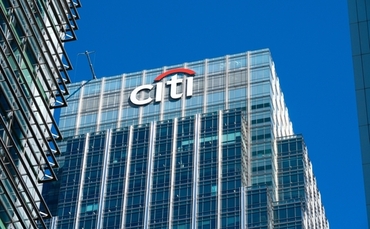According to the report, about 54% of jobs across banking have a high potential to be automated, with an additional 12% of roles that could be augmented by the technology.
At the same time, a Citi Treasury & Trade Solutions Survey survey found that an overwhelming majority of respondents (93%) expect an increase in profit in the next few years as a result of rolling out AI. AI could add $170 billion or 9% to the global banks sector profit pool by 2028, the study found.
“I see significant scope for AI-led transformation in banking and finance,” said author David Birch. Tasks like opening an appropriate ISA for a customer could be much simpler, he said. “Even a basic bot could help make better and faster decisions.”
Jobs at risk
As ever, automation is most viable when reducing manual and repetitive tasks, and in the banking sector back office, analyst and banker roles are among those at risk, with time-consuming tasks such as copying numbers between computer systems and synthesising financial information likely to be delegated to AI.
However, while some jobs may be lost, the report suggests that new roles will be created, particularly as regulations and ethical considerations come into play. There will be openings for AI compliance managers, ethics and governance staff, Citi says. At the same time, “soft skills” will become increasingly important in the sector, with the ability to deal with human customers and understand their needs becoming increasingly valued.
Benefits and pitfalls
The banking sector is data-intensive, with a large potential for increased operational efficiencies through automation. However as a highly regulated, global business the implementation of AI in finance is expected to be slow due to multiple risk factors. Implementation timelines, talent costs, and the risk of increased competition are all potential problem areas.
“One of the biggest hurdles in the use of GenAI in corporate environments is lack of accuracy.” said Shameek Kundu, CDO at Truera and AI entrepreneur.
“The finance industry’s existing proficiency in utilizing statistical models also poses a hurdle for adoption, as the superiority of AI/ML-based alternatives, over traditional models, is not always evident.”
Nevertheless, while adoption will be cautious, AI has the potential to significantly affect the banking industry, according to Citigroup.
“What a bank or financial firm looks like in the mid-2020s, be it retail or wholesale finance, looks very different to the mid-1980s, or the mid-1940s. AI will repeat this cycle, possibly speeding it up.”

